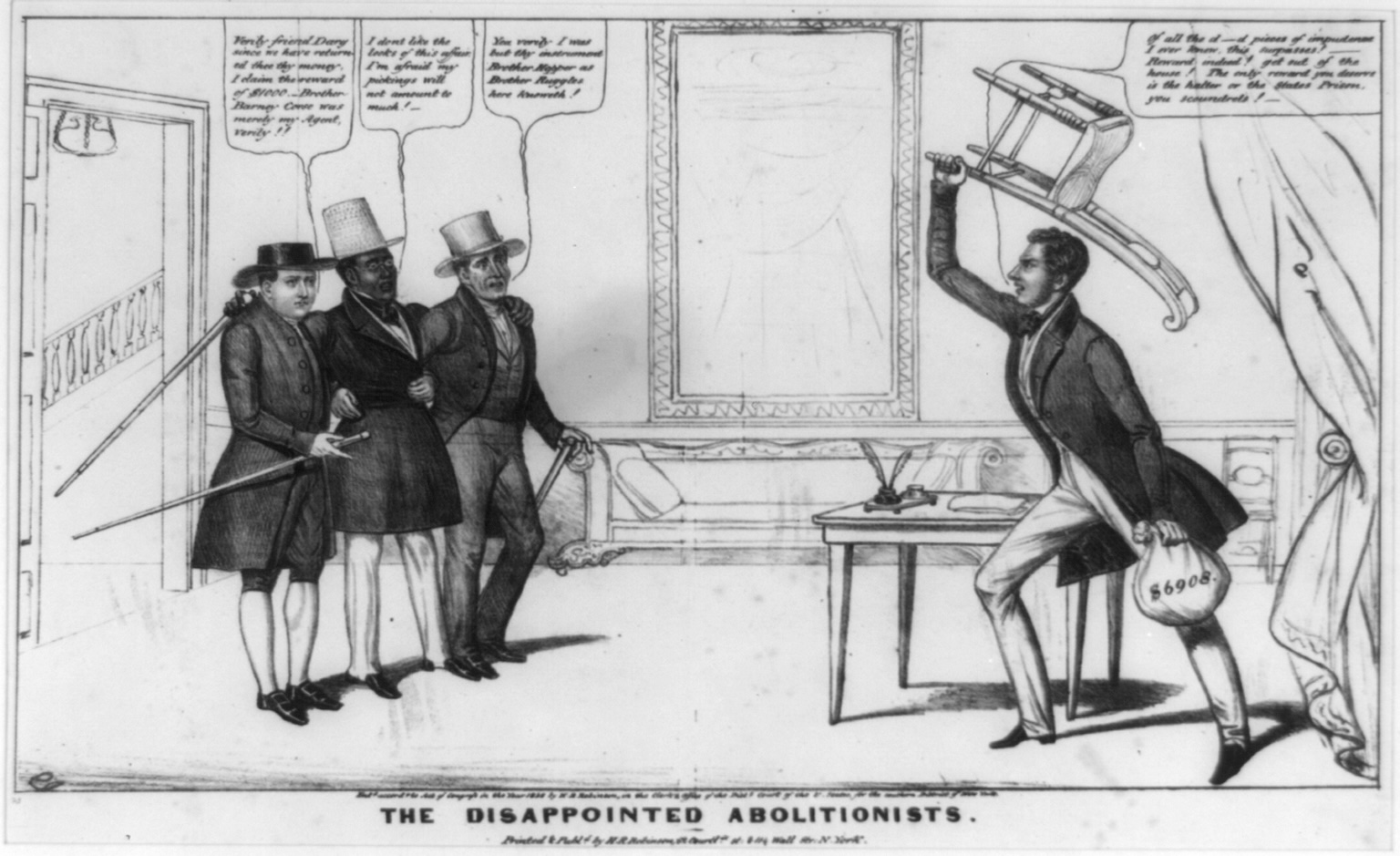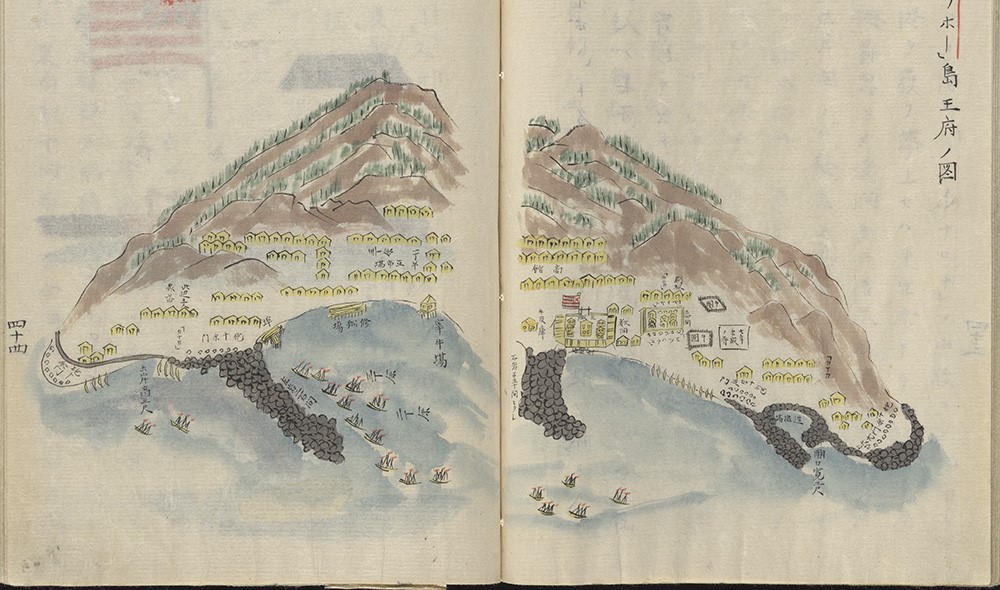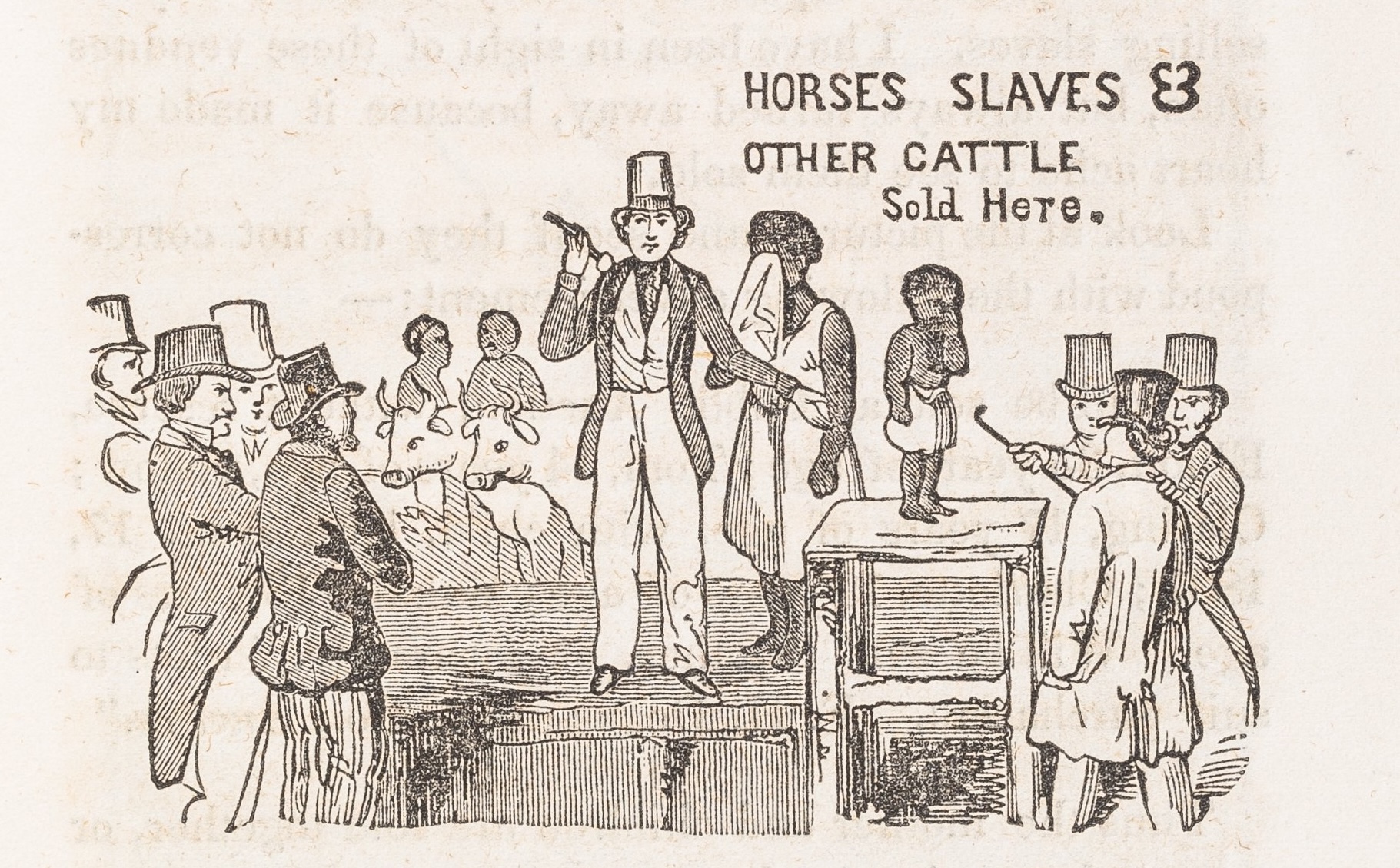Before writing these remarks I re-read The American Jeremiad for the first time in quite a while. I believe in reading, so let me start with a reader’s report. Beyond and before the special theoretical or methodological contributions Bercovitch’s book offers, in reading his classic work the first impression that arises is of an extremely rare combination unmatched among Americanists: erudition across an extraordinary range of materials, combined with intellectually scintillating prose. Ideas flash and crackle that would seem mere speculation were they not warranted by the density of citation that plumps the footnotes. The literary scholar reaches out and pulls in history and anthropology and specialized religious works, the Americanist aptly quotes an astonishing array of British and European writers.
But to go beyond the experience of reading the book, let me speak as someone who has paid close attention to patterns of academic careers, especially in the area of my passion, literary studies. The historian of American literary study observes a striking parallel, which I believe has not been remarked, between two of the most brilliant and influential figures of the 1970s, men then in their forties who happened to be colleagues at Columbia. In 1975 Edward Said, the Palestinian-American, published his dazzling Beginnings, an enduring monument of the late-twentieth-century theory boom, and Sacvan Bercovitch, the Canadian-American, published his dazzling Puritan Origins of the American Self, which culminated four decades of recovering Puritanism as the foundation of American literature. Then in 1978, Said published Orientalism, which initiated what became post-colonial studies, and Bercovitch The American Jeremiad, which initiated what became American cultural studies.
It testifies to the strength by which our subfields shut themselves off from each other that these two masterworks have been placed so infrequently in dialogue with one another.
In both cases, the 1975 books are marvels within the established field of literary studies, and the 1978 books break the frame. They’re very different from each other, as they would have to be, but both strongly interdisciplinary. Even more than that, both are fighting books. Perhaps not ideology-critique—since neither is exactly Marxist—but perhaps something else. I’d put it this way: Said offered a critical genealogy of “The Orient” and Bercovitch a critical genealogy of “America.” It testifies to the strength by which our subfields shut themselves off from each other that these two masterworks have been placed so infrequently in dialogue with one another.
Both Bercovitch and Said put to good use their immigrant status, their insider/outsider perspective, to make visible a structure of knowledge, belief, and practice that seemed natural to those within it but bizarre to a Palestinian encountering what was asserted of the Orient, or a Canadian encountering what he had thought to be the United States which then proved to conceive itself as “America.”
Consider the divergent histories that follow from these dramatic openings. Both Orientalism and Americanism depend on exclusion. Yet Bercovitch was already on the mark back in 1978: he recognized a crucial pattern of growing inclusion—from the Half-Way Covenant of the second-generation Puritans all the way up to the more recent claims of women and people of color to count as American. This is a huge difference: the identity of “American” may be a prize to claim as well as a strait-jacket to be struggled free from, while no one, I think, has fought to be included as “Oriental.”
Even more crucial, the ideal values of “America,” Bercovitch has argued, are most cherished by those who oppose what the American state and people are doing. This is like the condition familiar in the 1970s and 1980s in another sphere of discourse, when those on the left in many parts of the world distinguished “actually existing” Communism in the USSR or Eastern Europe from what should be the fundamental values of Socialism or Communism or Marxism. Well, that problem is gone, but it makes all the more challenging the task of assessing “The State of the Americanist Field” thirty-five years after a book that might have had the effect of persuading us to keep a wary distance from the term “America.” “What if we then dissociated America from the United States?” Bercovitch asks in the preface to the new edition. For some years the presidential addresses at the American Studies Association have asked this question in different forms, but how do we actually do it?
This article originally appeared in issue 14.4 (Summer, 2014).
Jonathan Arac is the Andrew W. Mellon Professor of English at the University of Pittsburgh. He is author of five books on American and British fiction, poetry, and social criticism, as well as numerous influential edited collections, essays, and reviews.



















